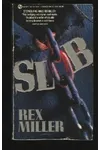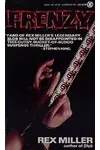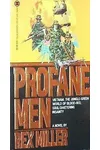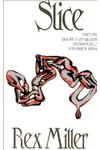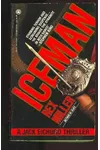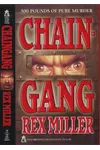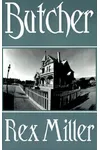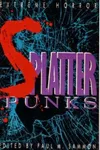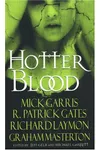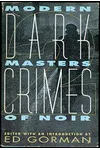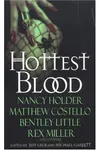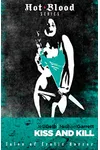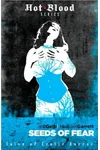Picture an American storyteller who spun tales so gritty and chilling they’d make your spine tingle—meet Rex Miller! Born in Sikeston, Missouri, in 1939, Miller was a master of horror and detective fiction, best known for his Chaingang series. With a nod from Stephen King himself, this former disc jockey turned novelist crafted stories that hooked readers with their raw intensity and unforgettable characters like the monstrous Daniel Bunkowski and dogged detective Jack Eichord.
Before he became a literary force, Miller was a voice on the airwaves, charming listeners in the 1960s with his wit and passion for pop culture. His leap from radio to writing unleashed a unique voice that blended noir, horror, and splatterpunk flair, earning him a cult following and a lasting place in genre fiction.
The Making of Rex Miller
Rex Miller Spangberg grew up in Missouri, where small-town life and a love for storytelling took root. A natural entertainer, he found his first stage as a disc jockey, spinning records and diving deep into juvenile collectibles like old-time radio premiums. This eclectic background fueled his creative spark. By the 1970s, Miller’s fascination with crime and horror pushed him to trade turntables for typewriters, launching a writing career that would redefine gritty fiction.
His early work reflected a keen eye for human darkness, likely shaped by the turbulent Vietnam War era and his knack for observing the underbelly of society. Miller’s transition from radio to novels wasn’t just a career shift—it was a bold reinvention that set the stage for his genre-defining tales.
Rex Miller’s Unforgettable Stories
Miller’s debut novel, Slob (1987), introduced readers to Daniel ‘Chaingang’ Bunkowski, a 500-pound serial killer with a genius intellect and a taste for carnage. Paired with Jack Eichord, a Chicago detective hunting serial killers, the novel’s cat-and-mouse game earned a Bram Stoker Award nomination and praise from Stephen King for its ‘terrifying and original’ style. Its experimental prose—think rapid-fire sentences and dreamlike shifts—set Miller apart in the splatterpunk wave.
The Chaingang series continued with Slice (1990), Chaingang (1992), Savant (1994), and Butcher (1994), where Bunkowski evolved from pure evil to a complex antihero targeting ‘deserving’ victims. Miller also penned Profane Men (1989), a raw Vietnam War tale, and the limited-edition St. Louis Blues, showcasing his versatility. His style married noir grit with visceral horror, creating stories that felt like a punch to the gut—dark, chaotic, and utterly gripping.
While some criticized his plots for lacking polish, fans adored Miller’s manic energy and larger-than-life characters. Bunkowski, with his grotesque yet magnetic presence, overshadowed even Eichord, cementing Miller’s knack for crafting villains you couldn’t look away from.
Why Rex Miller Matters
Rex Miller’s work carved a niche in horror and crime fiction, blending splatterpunk’s shock value with detective noir’s moral complexity. His influence ripples through modern serial killer narratives, inspiring writers who crave raw, unfiltered storytelling. Fans still rave about Chaingang’s terrifying allure, and Miller’s ability to humanize monsters without excusing them remains a masterclass in character depth.
Though he passed in 2004, Miller’s legacy endures in his cult following and the enduring chill of his stories. For readers craving fiction that doesn’t pull punches, his books are a gritty treasure trove waiting to be rediscovered.
- Born: April 25, 1939, Sikeston, Missouri
- Died: May 21, 2004
- Key Works: Slob, Chaingang, Profane Men
- Awards: Bram Stoker Award nominee for Best First Novel (Slob)
Ready for a wild ride? Snag Slob and dive into Rex Miller’s thrilling world of horror and crime!
